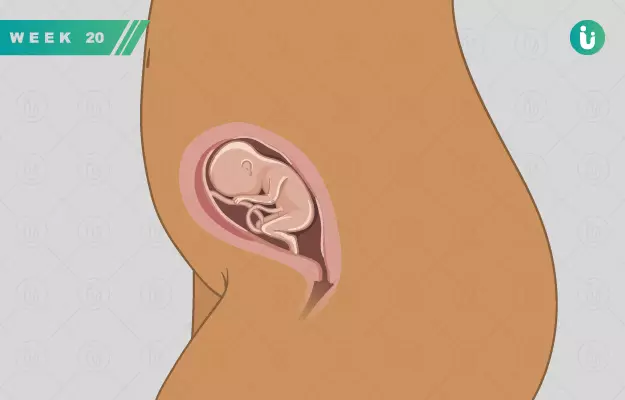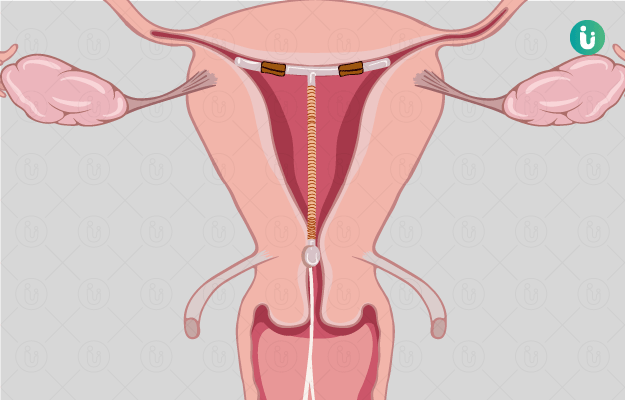Welcome to the 20th week of pregnancy! You’re finally at the halfway mark of your pregnancy, and though that’s a cause to celebrate, there’s a lot more to do in the upcoming 20 weeks of your gestation period. So, take a day to celebrate this landmark, but also make sure that you take all the care and precautions necessary.
Yes, this means sticking to a good pregnancy diet and a proper exercise routine - although you might want to stay away from strenuous exercise if you’re experiencing symptoms of low blood pressure. A good way to know if you’re putting a strain on yourself while exercising during pregnancy is the “talk test”.
All you have to do is talk while exercising and you should be able to do this without experiencing shortness of breath or feeling too exhausted. If you do, it’s time to lessen the intensity of your exercise routine. This apart, take every type of prenatal care you need to during the 20th week and well after it. Depression during pregnancy is a cause for concern, and you should make sure that if you see or feel the symptoms of this issue arising, then talk to a doctor or healthcare professional immediately.
A foetal ultrasound is usually conducted between the 18th and 20th weeks of pregnancy, so if you didn’t get it done in the last two weeks, do go in for your ultrasound this week. This ultrasound will ensure that all is well with your baby. You might already have some idea about how active your baby is this week because this is about the time when you’ll first start feeling him or her kick. As your baby continues to grow, you’ll surely have a more interactive experience with him or her even when in the womb.










































